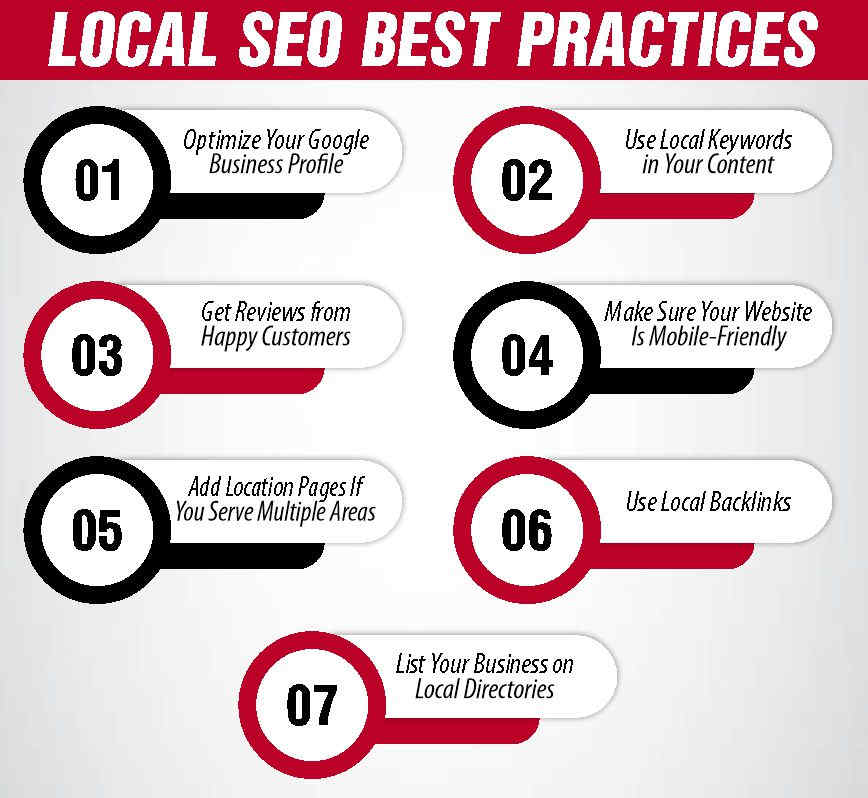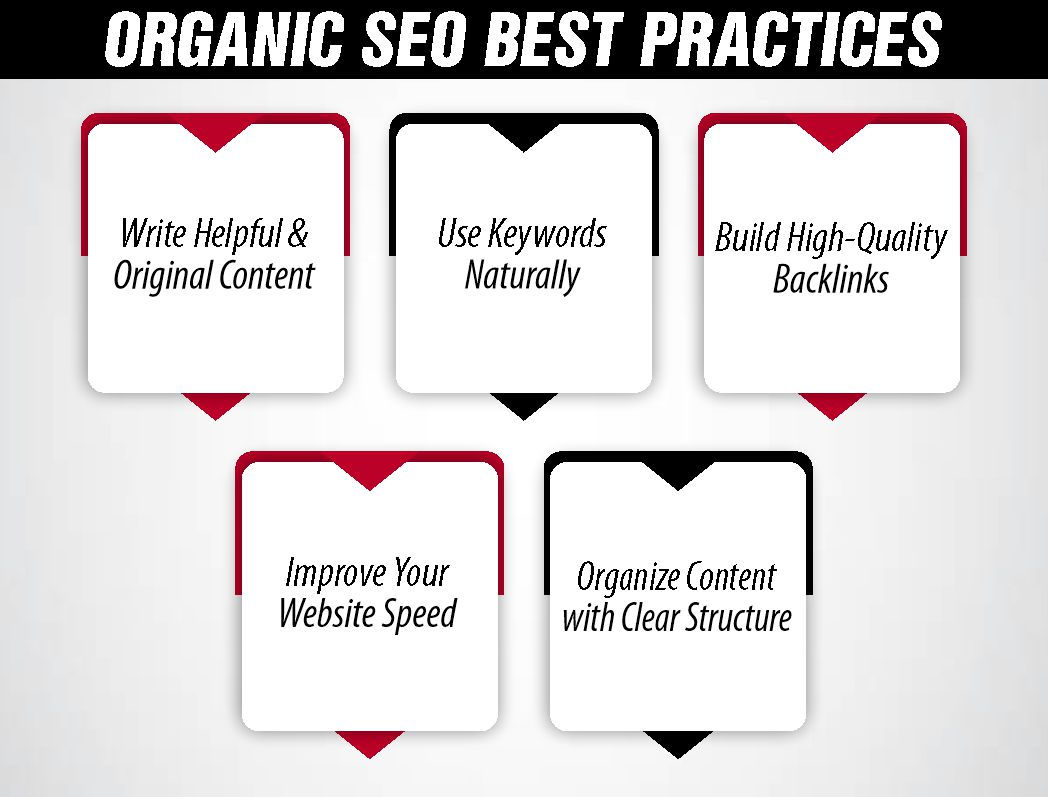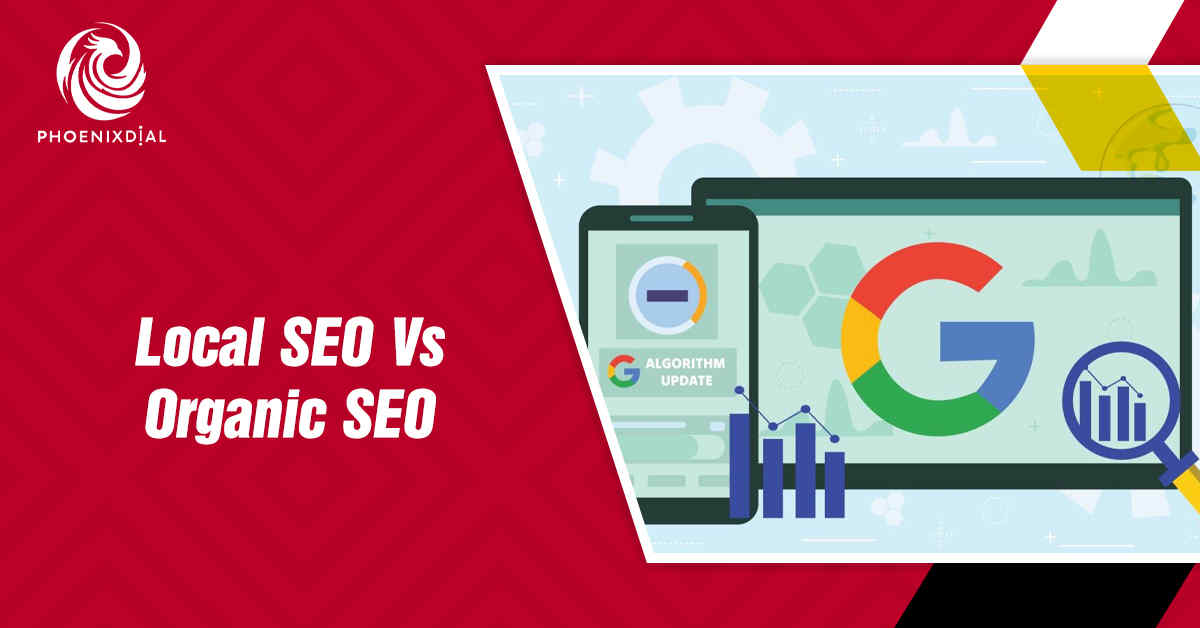Did you know that 46% of all Google searches are looking for local information?
That’s what happens when there’s no clear plan. Many businesses don’t realize how important it is to know Local SEO vs Organic SEO. Choosing the wrong SEO strategy can waste time, money, and effort.
Table of Contents
ToggleAt Phoenix Dial, we’ve helped dozens of service companies fix this problem fast. Our team uses organic SEO company practices and local SEO tools to help you show up where your customers are searching.
This post is your guide to understanding local SEO vs organic SEO and how picking the right one can save your business from digital invisibility.
Start Growing Your Business Today
Get a free, personalized quote via WhatsApp for your business. No pressure—just smart solutions tailored to your goals.
What Is Local SEO?
Local SEO is the way we can have your business appearing when individuals around you are searching for your services online. It’s similar to having your business marked on the map of the globe where individuals know precisely how to locate you, such as when they are searching for something like “plumber near me” or “coffee shop in [city name].”
That is one of such SEOs that works to assist businesses that are based within a geographical region. That comprises restaurants, repair shops, beauty parlors, clinics, and any other service businesses. If your business depends on local clients visiting your store or calling for a local service from within a region, then you need local SEO.
Local SEO works by using a few important tools:
- Google Business Profile: It shows your company on Google Maps and in the local pack (first 3 results).
- Location-Based Keywords: They are words like “dentist in Miami” that cause individuals in your area to find you.
- Online Reviews: Positive reviews on platforms like Google and Yelp, or negative ones, but especially positive ones, can boost your visibility.
- Local Citations: These are local directory listings like on Yelp or the Yellow Pages that include your company’s name, address, and phone number.
With advanced local SEO techniques, your business can move up in search results when someone enters services in your city. It matters since most people click on one of the top local listings—they don’t scroll down very far.
Local SEO is different from regular SEO because it is location-based. In a local seo vs. normal seo war, local SEO suits small businesses with a certain location, whereas normal SEO has more national or international reach.

Local SEO Best Practices
Getting found by local customers isn’t just luck—it takes the right steps. The following are a few of the most effective local SEO strategies that will list your business in local results and maps.
Set Up and Optimize Your Google Business Profile
Your Google Business Profile is your treasure. Ensure that your name, address, and phone number are correct. Include your hours, services, photos, and brief description. Keep it up-to-date on a routine basis.
Use Local Keywords in Your Content
Place your city or region name on your website pages, blog posts, and titles. For instance, rather than “plumber services,” you write “plumber services in Chicago.” It implies that when a person searches for that location, you appear.
Get Reviews from Happy Customers
Online reviews generate trust. Ask clients to review you on Google or elsewhere. The more reviews you get, the higher your ranking in local search.
Make Sure Your Website Is Mobile-Friendly
Most visitors search on their cell phones. If your site is not performing or is slow on their phone, they’ll be gone in an instant. Seamless mobile service is a double win for visitors and your local positioning.
Add Location Pages If You Serve Multiple Areas
If your company is spread across various cities, have a separate page for each city. This provides more information to search engines and you rank multiple times.
Use Local Backlinks
Local blogs, news sites, or community websites’ backlinks are valuable. It indicates you are an established business of your area. These are sections of great local organic SEO.
List Your Business on Local Directories
Directories like Yelp, Bing Places, and Yellow Pages facilitate individuals to locate you. Listing your company on these directories also helps your local SEO campaign.
All these steps will help you create a good local presence. These methods are part of advanced local SEO tactics and help solve the challenge of local vs organic search by giving your business the best chance to be found in your area.
What Is Organic SEO?
Organic SEO is the process of optimizing your site for it to rank higher in free (organic) search engine results on search engines like Google. It causes people to notice your business when they are looking for broad topics or keywords—not just local services. Instead of showing up on maps or local listings, organic SEO focuses on plain listings that show up below ads and the local pack.
Unlike local SEO, which targets a specific location, organic SEO is used by businesses who want to reach more individuals—nationally or even internationally. An example would be a tech business providing software to customers throughout the country and would use organic SEO methods to reach more people through content, keywords, and backlinks.
Key Elements of Organic SEO
Keyword Research
Begin by identifying what individuals are looking for in your niche. Utilize tools to identify words and phrases they search. For instance, a person who is searching for business tips may search “how to start a small business online.” You would like to have such kinds of keywords on your site.
High-Quality Content
Your website must have helpful, plain, and engaging content. This might be service pages, blog articles, or FAQs that respond to common questions. Better content informs Google that your website is helpful and trustworthy.
On-Page SEO
This is having your target term in the title, headings, and also within the body content. It is also having plain page descriptions, having short URLs, and having images with helpful text.
Technical SEO
Search engines need to be able to crawl your site easily. This involves having a site that loads fast, with a plain structure, and making your pages mobile-friendly.
User Experience (UX)
When people visit your site but leave quickly, Google gets the message. An organized, easy-to-use website makes users stay longer on your page and enhances your ranking.
Organic SEO is also referred to as natural SEO because its traffic does not result from pay-per-click ads. It’s established by useful content and a quality website. Some call it what is organic search engine optimization, which is getting your site to appear naturally when someone enters a similar search.
Companies who want to expand with the elapse of time employ an organic SEO agency to establish their online reputation. They are masters at sophisticated organic SEO pillars, such as keyword planning, user intent, and content structure. Organic SEO is time-consuming but provides long-term results without any ongoing ad expenses.

Organic SEO Best Practices
Implementing organic SEO in the right way can put your site at the top of search engine results without paying for ads. It’s all about establishing a solid online presence that will last. The following are some of the best practices that constitute a solid organic SEO strategy:
Write Helpful and Original Content
Search engines adore fresh, helpful content. Create blog posts, service pages, or guides that respond to real questions. Keep your content readable, brief, and packed with value. This establishes your visitors’ and search engines’ trust in you.
Use Keywords Naturally
Once you have picked your keywords, apply them to your headings, page titles, URLs, and body. But not over-abundantly. Good natural SEO applies keywords naturally in a manner that sounds good to the reader.
Build High-Quality Backlinks
Backlinks from authoritative sites are votes for your website. Attempt to get backlinks through guest blogging, offering shareable content, or being listed in industry directories. It increases your search authority and is a big component of what organic seo is about.
Improve Your Website Speed and Mobile Design
Users will not wait for a slow website to load. Be simple in designs, keep images to a minimum, and watch site speed. And ensure your site functions and looks good on mobiles—that’s for user experience and rankings as well.
Organize Content with Clear Structure
Split your pages into short paragraphs, use headings, and include bullet points when needed. This makes it easier for both search engines and users to comprehend your material. These are some of the pillars of new-age organic SEO that facilitate smooth enhanced rankings.
These best practices establish long-term outcomes. They also steer you away from typical pitfalls that destroy rankings. If you adhere to them with dedication and consistency, your site can become one of the top-performing national SEO achievers in your industry. Either way, organic seo company principles such as these are the foundations of authentic success.
Local SEO vs. Organic SEO: Which is Better?
It’s your business goals, demographic, and where you are that determine whether to use local SEO versus organic SEO. There isn’t one-size-fits-all—but knowing both is valuable in helping you decide.
Local SEO: Great for Local Businesses
If your business has customers in a location—such as a bakery, beauty parlor, or dental office—then local SEO is the way to go. It gets your business appearing on Google Maps and in local search terms such as “flowers near me.” You work on location keywords, reviews online, and local citations.
This form of SEO engages sophisticated local SEO strategies to entice neighborhood customers and bring in foot traffic or calls. It is optimal for any service business relying on where individuals are originating from.
Organic SEO: Best for Online or National Reach
If your company is online-based, has a national crowd, or produces helpful content such as blogs or tutorials, then organic SEO is more beneficial. Organic SEO aims to rank for broad keywords, earn backlinks, and create useful content.
It’s usually applied by businesses seeking high national SEO or attempting to achieve consistent long-term site visitors. Organic SEO strategy suits businesses that do not depend on a single location to attract visitors.
Conclusion
Having the correct SEO strategy could be the difference between having the appropriate people find you online. See, the argument between local SEO and organic SEO is not about which is better to do for everyone—it is about which is better to do for you. If you are a local business and want people in your area to easily find you, local SEO is a sensible, goal-oriented route to pursue. Meanwhile, however, if your business lives in multiple locations—or you’re creating an online presence—organic SEO provides long-term development through constant content and building authority.
Usually, best is a combination of both—termed as local organic SEO. Combining advanced local SEO techniques with good organic SEO strategy enables businesses to reap the rewards of both the national and local markets.
We at Phoenix Dial assist service-oriented companies like yours in grasping and implementing the proper SEO methods. Our professionals keep themselves informed regarding each new Google algorithmic update, each new SEO strategy, and each method of converting searches into actual outcomes. No matter what you want to achieve, if it is to inundate local search terms or establish legitimacy with natural SEO, we can assist you.
Grow your business with us—smarter, faster, stronger. Come see Phoenix Dial today to find out more or call us for a tailored SEO strategy crafted specifically for you.
FAQ’s
What is the difference between local and organic SEO?
Local SEO focuses on getting found in a specific area, while organic SEO targets broader keywords to rank nationwide or globally.
How do you know if you need local SEO?
If your customers are mostly from your city or town, and you have a physical location, you likely need local SEO.
Can I use both local and organic SEO?
Yes. Many businesses use local SEO for local leads and organic SEO for long-term online visibility.
Is organic SEO better than paid ads?
Organic SEO brings long-term results without paying for every click, making it more cost-effective over time.
How long does it take to see SEO results?
It depends, but most websites start seeing improvements in 3–6 months with consistent effort and the right strategy.

